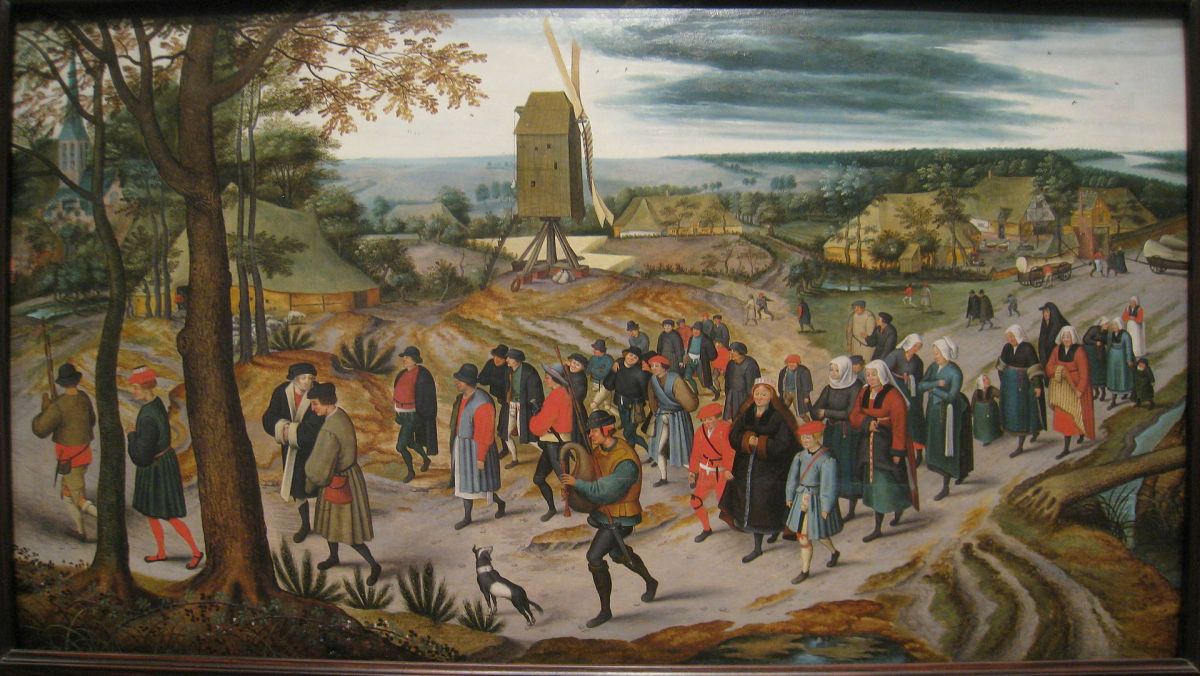- Feb 5, 2002
- 166,654
- 56,276
- Country
- United States
- Faith
- Catholic
- Marital Status
- Married
- Politics
- US-Others
What does it mean to be conservative?
The modern ideal of conservatism arose as a rejection of Enlightenment principles and their instantiation in political revolution, particularly the French Revolution. Conservatives such as Burke and de Maistre defended the centrality of religion, family, land, and morality in bolstering society. Today, the word has lost much of its meaning as it’s largely become the name of the opposition party against liberal progressivism, but not all that distinct from it–almost progressivism light, embodying the same principles but in a more cautious manner. We lack true conservatives in politics who really work for local government and economics, promote education rooted in the formation of the person rather than pragmatism, and embody a principled moral leadership.
The conservative label also has been applied infelicitously within the Catholic Church. Rather than the political left/right divide that arose in the French Revolution between republicans and monarchists, it has come to represent alternative ways of interpreting the Second Vatican Council. Conservatives seek to preserve traditional expressions of doctrine and liturgy (whether Pre-Vatican II expressions or in continuity with them) and liberals seek greater accommodation to the culture and embrace progressive positions characterized as in line with the “Spirit” of Vatican II or a radical development of the tradition. When pigeonholed into this dichotomy, it can be difficult to characterize oneself as a conservative, because it will be reduced to a kind of ecclesial reaction (by nature negative). That may not always be a problem per se but it misses the deeper meaning of conservatism.
Continued below.

 buildingcatholicculture.com
buildingcatholicculture.com
The modern ideal of conservatism arose as a rejection of Enlightenment principles and their instantiation in political revolution, particularly the French Revolution. Conservatives such as Burke and de Maistre defended the centrality of religion, family, land, and morality in bolstering society. Today, the word has lost much of its meaning as it’s largely become the name of the opposition party against liberal progressivism, but not all that distinct from it–almost progressivism light, embodying the same principles but in a more cautious manner. We lack true conservatives in politics who really work for local government and economics, promote education rooted in the formation of the person rather than pragmatism, and embody a principled moral leadership.
The conservative label also has been applied infelicitously within the Catholic Church. Rather than the political left/right divide that arose in the French Revolution between republicans and monarchists, it has come to represent alternative ways of interpreting the Second Vatican Council. Conservatives seek to preserve traditional expressions of doctrine and liturgy (whether Pre-Vatican II expressions or in continuity with them) and liberals seek greater accommodation to the culture and embrace progressive positions characterized as in line with the “Spirit” of Vatican II or a radical development of the tradition. When pigeonholed into this dichotomy, it can be difficult to characterize oneself as a conservative, because it will be reduced to a kind of ecclesial reaction (by nature negative). That may not always be a problem per se but it misses the deeper meaning of conservatism.
Continued below.

Seeking Genuine Catholic Conservatism
What does it mean to be conservative? The modern ideal of conservatism arose as a rejection of Enlightenment principles and their instantiation in political revolution, particularly the French Revo…
 buildingcatholicculture.com
buildingcatholicculture.com
